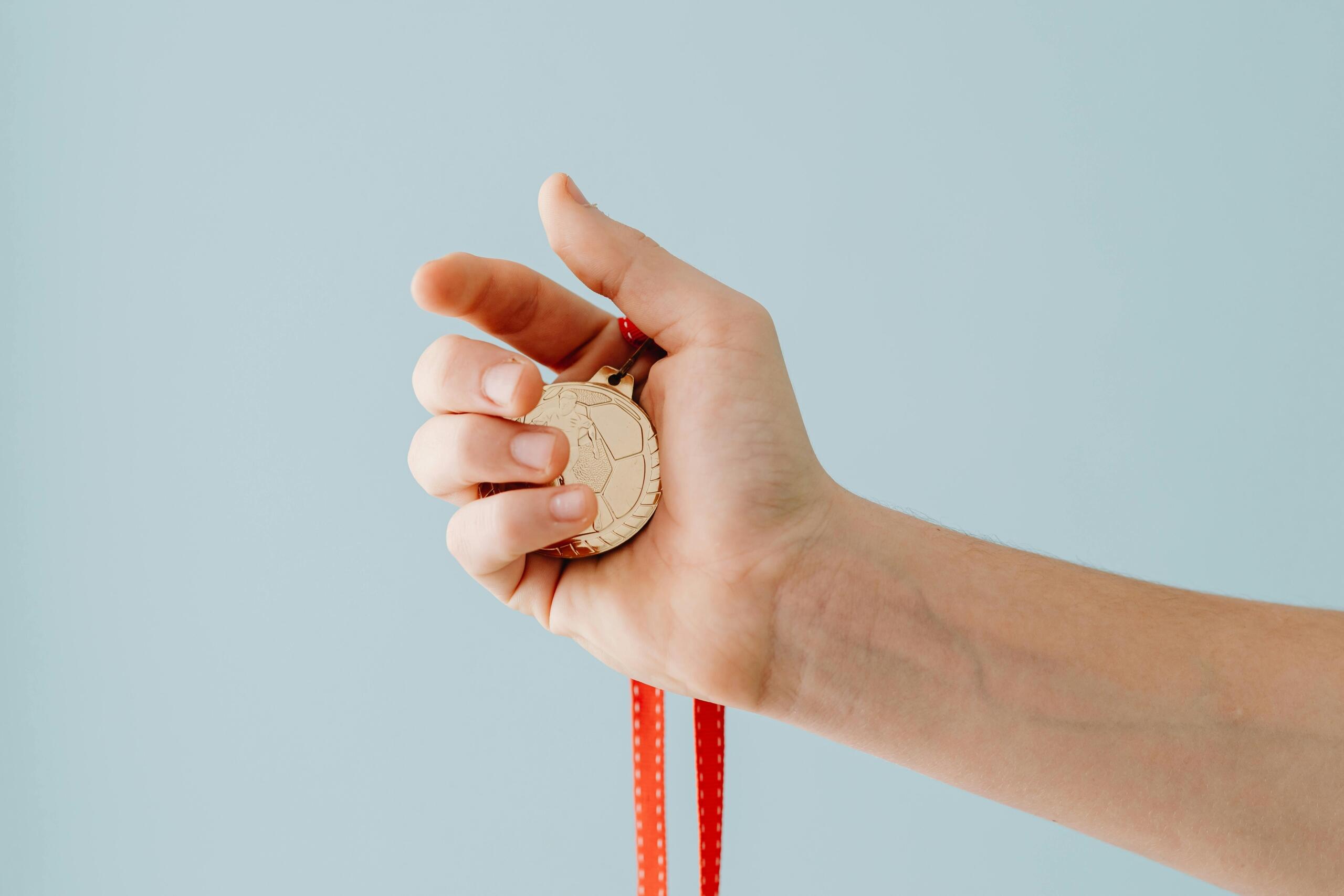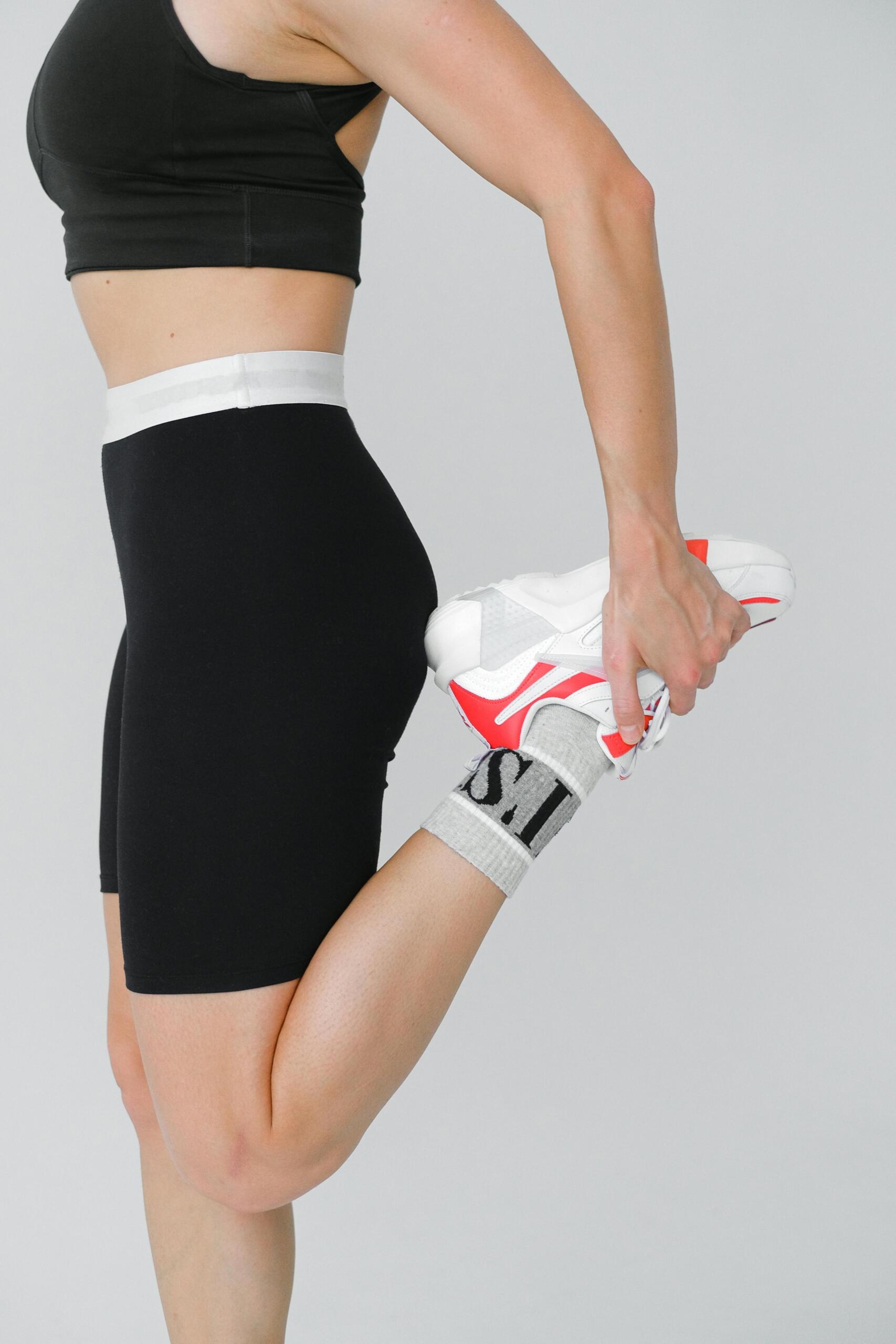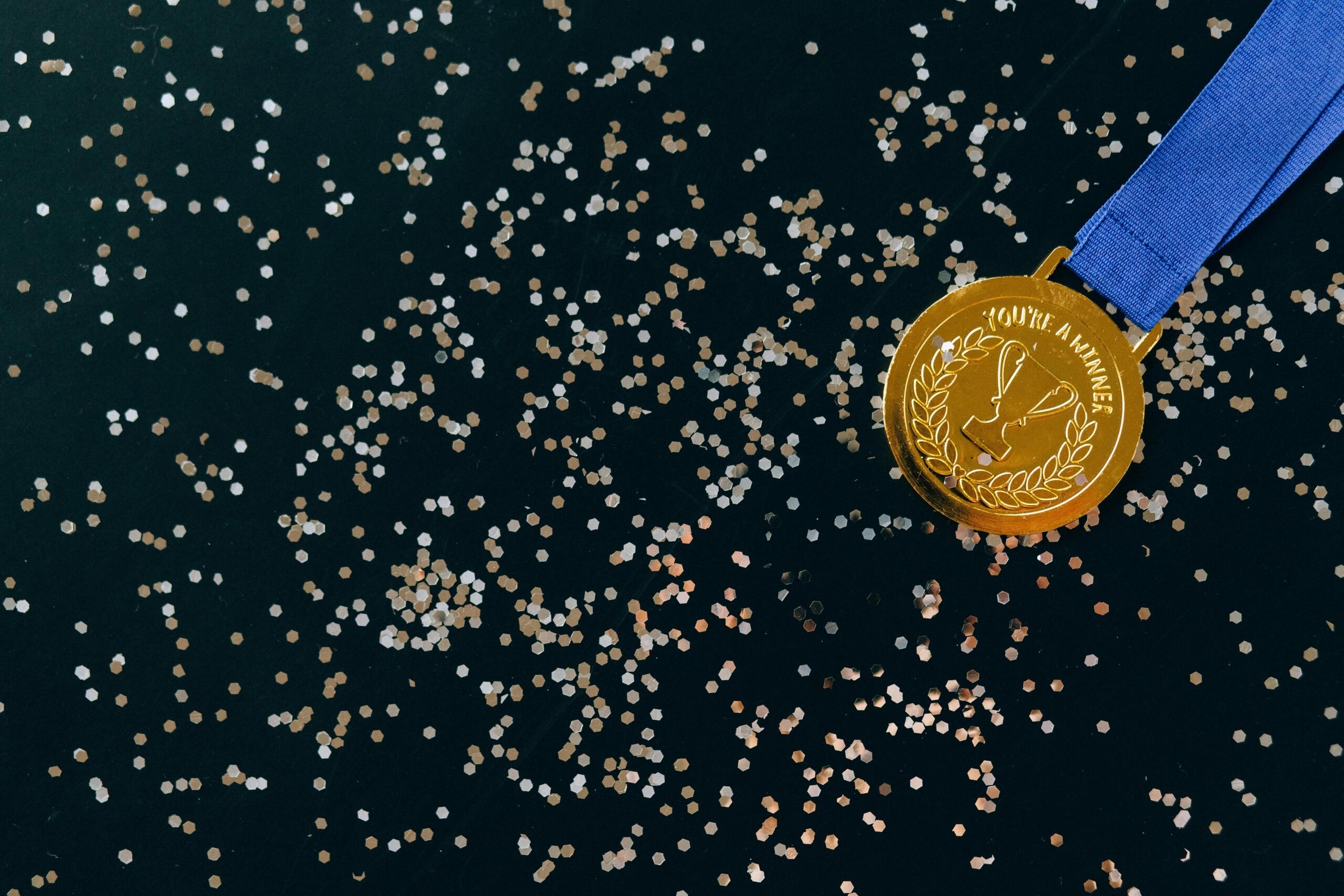Students across the UK are always seeking ways to enhance their chances of gaining admission to their preferred higher education institution. Having your resume or application stand out from the competition doesn’t just have to be done through your grades. A great way to demonstrate that you’re a well-rounded individual who is both dedicated and has initiative is through the Duke of Edinburgh's Award.
This award helps young people aged 14-25 develop valuable life skills and boost their CVs. Securing the award and having it down on your resume will give you an edge when applying for any jobs or having your application stand out when applying to universities. The award is given to participating students who complete all four stages of the process:
- Physical
- Volunteering
- Skill
- Expedition

About the Duke of Edinburgh Award
The Duke of Edinburgh has a reputation for helping young people develop invaluable life skills through a series of selected activities. Let’s pull the curtain on what the Award is and gain some understanding of how it is accomplished. The duke of edinburgh award history reflects a long-standing commitment to youth development through adventure, service, and personal growth.
You could describe the award as a self-development program that invites students to step outside their comfort zone, engaging them in social interaction and teamwork through a series of activities that they’ll be obligated to complete outside of their studies.

It’s for anyone between the ages of 14 and 24 and comes in three different levels:
Bronze 🥉
Volunteering: 3 months
Physical: 3 months
Skills: 3 months
Expedition: 2 days / 1 night
One of the Physical or Skills sections must be extended to 6 months.
Silver 🥈
Volunteering: 6 months
Physical & Skills: One for 6 months, the other for 3 months
Expedition: 3 days / 2 nights
Direct entrants (not completed Bronze) must do a 6-month section.
Gold 🥇
Volunteering: 12 months
Physical & Skills: One for 12 months, the other for 6 months
Expedition: 4 days / 3 nights
Residential: 5 days / 4 nights with people you don’t know
Direct entrants must do an extra 6 months in either Volunteering or Physical/Skills.
In terms of what each level of the program entails, all but one of these levels needs four sections: Volunteering, Physical, Skills, and Expedition, so you can see how it leads to some well-rounded progression. For students who go for the Gold level award, don’t be surprised when you learn that one final stage is required: the Residential. This is where students spend five days and four nights away from home doing activities with new people.
The program costs £24 for Bronze and £31 for Silver and Gold levels. It runs through more than 12,500 licensed DofE centres across the United Kingdom.
In terms of how long you can expect each level to occupy in your calendar, the Bronze level is going to need at least 6 months or 26 weeks. The Silver level comes with a little more of a time commitment at 12 months for new entrants, or just 6 months for those who already have their Bronze. Finally, Gold takes 12 months minimum for Silver Award holders, while 18 months for those who are going for Gold. These might seem like substantial commitments, but do keep in mind that each activity requires just about an hour of your time every week, making it more than manageable.
Of course, the reputation that this award has earned didn't come overnight. The program has a deeply rooted history, dating all the way back to 1954 when HRH Prince Philip, Duke of Edinburgh, thought over the idea after his former headmaster, Kurt Hahn, suggested it.
It started operating across the UK shortly after this, in 1956. At this point, it was only exclusively for boys to participate in, before being made available to girls too, just two years later. Despite being around for quite a while now, the program has seen significant growth in recent years, due to how sought after it is for admissions processes across the UK & with age ranges having expanded over the years.
Physical: Building Fitness Through Regular activity
Okay, so one of the categories that you’ll need to work your way through to get your hands on the Duke of Edinburgh award is known as the Physical section.

Here, the focus is on fitness and wellbeing activities, requiring students to stay active regularly and boost their fitness levels over time. It’s generally one of the sections that students tend to enjoy the most.
You’ll simply pick a sport, dance, or fitness activity that gets your heart pumping and shows improvement during your commitment period. This can be something that you already practice, or an opportunity to explore something now, the choice is yours!
Your DofE Leader's approval of activities in this section is also quite lenient, allowing students to engage in activities like horse riding, surfing, or skiing. However, these examples might need different schedules because they cost more or aren't easily accessible!
You might have guessed that team sports like football, cricket, and basketball are popular picks, as are solo activities such as swimming, running, or hitting the gym. So, in order to satisfy the objective of this section and progress towards getting the award, an expert in your chosen activity is going to have to verify your progress. They'll confirm that you showed up regularly and improved throughout the required time. This section shows colleges and employers that you’re a well-rounded student who can commit to accomplishing a goal and following a process to achieve it over an extended period of time.

Skill: Learning Something New or Improving a Hobby
One of the categories that tends to really throw students out of their comfort zone is the skills section of the award. So, a common question that students likely have when they hear about this stage is, How exactly does it differ from the physical section that we just went through. Well, in short, you could say that it focuses on building expertise in non-physical activities. Similarly, these can also be skills that you currently have, or you can use them as an opportunity to develop new ones.
DofE statistics show musical instruments lead the popularity chart at 23%, followed by cooking at 9.8%. Other common choices include singing (3.5%), photography (2.9%), first aid (2.8%), and learning to drive (2.8%, which jumps to about 20% at Gold level). The options go way beyond these common picks.
There’s really no limit to what you can try your hand at in this segment of the award. You’ll be able to develop personally through creative pursuits like art, photography, cooking, model building, textiles, and woodwork.
On the other hand, you could also opt to develop digital skills such as blogging, vlogging, coding, and website design.
If you think about it, you’d really be killing two birds with one stone, seeing as you’ll be developing key skills that will go a long way in enhancing your employment prospects after making it out the other end of the program.

You’ll just need to focus on improving at whatever skill you do end up deciding on, and also on how it helps build your confidence and self-esteem. If you’re in any way unsure as to what you should pick, we recommend landing on something that aligns with the university degree you intend to pursue.
Volunteering: Giving Back to the Community
The next section that we're going to take a look at is volunteering, a component that helps participants to make a real difference in society. You’ll be glad to learn that most students who make it through the DofE program often find this to be the most rewarding and memorable aspect of the whole thing.
There are also endless ways you can volunteer, just make sure that you run any ideas that you might have in mind by your DofE leader, as you’ll need to have them approved before you get stuck into the work. In order to find something that really interests you, you’ll need to do some looking inward and ask yourself a series of questions.

Centring your decision around these prompting questions will ensure that you’re intentional with how you spend your time and get the most out of the experience.
Three questions that’ll get your search off on the right note are ‘Which causes interest me?’, ‘What do I want to get from volunteering?’, and ‘What time and skills can I bring?’
A little hack that we’ll let you in on is that you can go right to organisations that provide activities, as they offer a great way to secure placements that meet the DofE requirements for Bronze, Silver, or Gold awards. Now you should be all set to start connecting with new people, boost your CV, build valuable skills, and make a meaningful difference!
Expedition: Planning and Completing a Group Journey
Okay, so now, let's go into the final hurdle that will stand between you and your award, the Expedition section. The main goal of this activity is to develop initiative and a spirit of adventure as part of a team, generally of 4-7 members.
The commitment required for this section will also deviate somewhat depending on your level.
Bronze 🥉
Expedition Duration:
2 days, 1 night and 6 hours of planned activity each day
Silver 🥈
Expedition Duration:
3 days, 2 nights, 7 hours of daily activity
Gold 🥇
Expedition Duration:
4 days, 3 nights, 8 hours of daily activity
There's quite a bit that goes into preparing for this section, as you’ll learn all about navigation, campcraft, risk assessment, first aid, and emergency procedures. So much so that those going after the Silver and Gold levels are required to complete a practice expedition of at least 2 days and 2 nights.
The total number of DofE awards achieved increased by 7% to 166,592 individuals, with a notable 7.5% increase in Gold DofE participants.
On top of developing crucial life skills, you and you’re team will need to share a goal that will guide the expedition. For this, you could study wildlife, learn about historical sites, or develop leadership skills.
This journey is all about being self-sufficient, as you’ll need to carry all of your equipment as well as carry and prepare substantial hot meals each day. Exciting right? You can see why so many students enjoy the break this offers from the classroom, engaging in something that you mightn’t ever otherwise, and that's what DofE is all about!
Getting Started With Your DofE Award
Now that you’ve learned about the award, its history and each of the components involved in the process, you’re all ready to go. The history of the Duke of Edinburgh Awards shows how the program has evolved over the decades to include millions of participants across more than 130 countries.
It’s just a matter of getting started. In order to get yourself in gear and begin dedicating your time and effort towards the components mentioned, you can go through the main pathway, which would be Licensed Organisations (LOs). You’ll most likely have a designated DofE leader as a representative in your school who you can ask all of your questions to; alternatively, you simply head on down to youth groups and community centres.
You should now feel plenty confident in your ability to navigate the process and begin developing these crucial skills. By the time you’re done, you’ll have enhanced your application to any university you might be interested in studying at, as well as any jobs you may be intending to pursue over the coming years!
Summarise with AI:
























